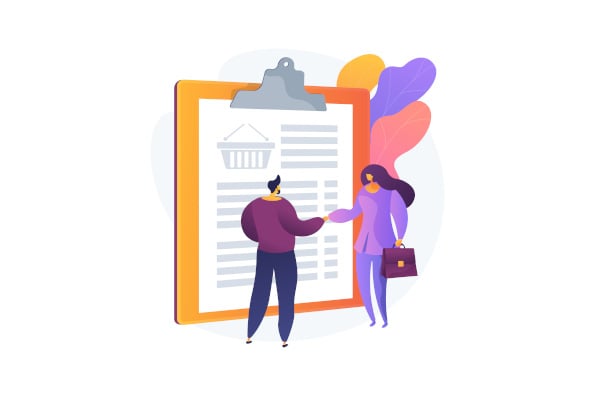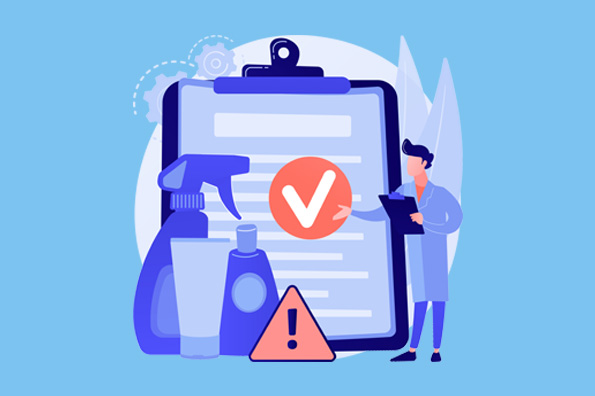Key Insights on Venue License and Agreement for Your Next Event
When you're in the planning stages of a big event — a music festival, a business conference, an art exhibition — there are countless aspects to keep...
3 min read
LegalGPS : Aug. 3, 2024
If your business involves any of the following products or services, you’ll need to determine whether a specialty license is required:


Legal GPS Pro
Protect your business with our complete legal subscription service, designed by top startup attorneys.
This list isn’t exhaustive, but it does cover the vast majority of specialty licenses. Whether you run an online boutique store selling homemade children’s pillows, or multiple restaurants that serve a myriad of dishes, you will need to comply with the mandated permits and licenses.
The best place to start is to talk to other businesses in your geographic area and your industry. Also, research online, or at the library, the common licenses required for your industry.
You should also contact the government agency that oversees your profession. If you’re still unsure, reach out to local chambers or organizations of businesses in your industry.
Once you’ve done that, you want to search all the relevant government jurisdictions.
Avoid Fines With Must-Have Business Permits
Based on your company’s activities and industry, you can determine if you need appropriate federal licenses on the Small Business Administration's website. The SBA also provides links to the agencies that issue the appropriate licenses.
State and local governments regulate a wider variety of industries. Start by searching your state’s Secretary of State website for specialty license requirements.
Additionally, conduct an online search for “[Name of State] [your company’s industry] Specialty License” and “licenses required for [industry].” You might try as narrow a search as possible by micro-industry and then go broader if you don’t find anything. States issue licenses for certain professionals like accountants or engineers to trade occupations like barbers and mechanics--it varies considerably.
As with state requirements, local government requirements for specialty licenses vary from region to region. So, it’s easiest to go straight to the source and contact your city hall to find out.


Legal GPS Pro
Protect your business with our complete legal subscription service, designed by top startup attorneys.
Here are some examples to illustrate how and when to identify the need for a specialty permit:
When a chef decides to open their first restaurant, they will need to check with the U.S. Food & Drug Administration. There, they’d find their state’s “Food Code,” overseen by their state’s Department of Health. From there, they would be able to determine whether they need a food service license, liquor license, food handler’s permit, or all three.
A contractor looking to oversee a major renovation needs to visit their state’s regulating board and look at the specific type of license required for the job they plan to perform. States usually regulate this based on the cost of the job, the type of renovation being performed, and the kind of construction involved.
Remember that most of these permits and licenses are either (1) granted on a per-project basis or (2) require annual updates. This means that simply because you were granted a work or construction permit to work on a house on Main Street, it doesn’t mean you can work on a building on Wall Street. It also means that your first Health and Safety Permits probably won’t last the entire life of your business.
It's good to ask questions about the scope and duration of the permit or license you’re receiving when you first apply.
Follow these steps to obtain your specialty license. Once received, it’s critical to store your license with all company records.
Related: 4 Most Common Business Licenses and Permits
The biggest question now is, "Do I need a business lawyer?” For most businesses and in most cases, you don't need a lawyer to start your business. Instead, many business owners rely on Legal GPS Pro to help with legal issues.
Legal GPS Pro is your All-In-One Legal Toolkit for Businesses. Developed by top startup attorneys, Pro gives you access to 100+ expertly crafted templates including operating agreements, NDAs, and service agreements, and an interactive platform. All designed to protect your company and set it up for lasting success.

Legal GPS Pro
Protect your business with our complete legal subscription service, designed by top startup attorneys.

When you're in the planning stages of a big event — a music festival, a business conference, an art exhibition — there are countless aspects to keep...

1 min read
Your company is official, and you’re ready to begin operations. But you want to make sure you're not missing anything, like licenses and permits.

You need a seller's permit if you need to collect sales tax. You need to collect sales tax in certain situations where you're selling goods or...